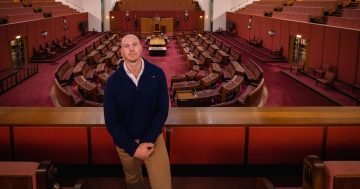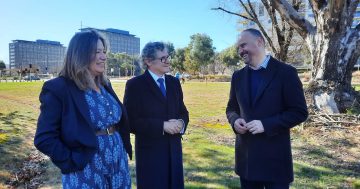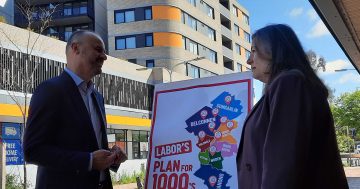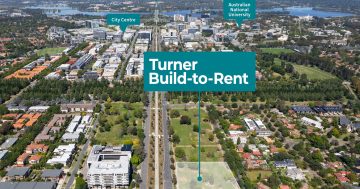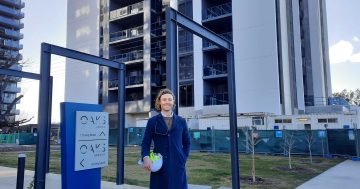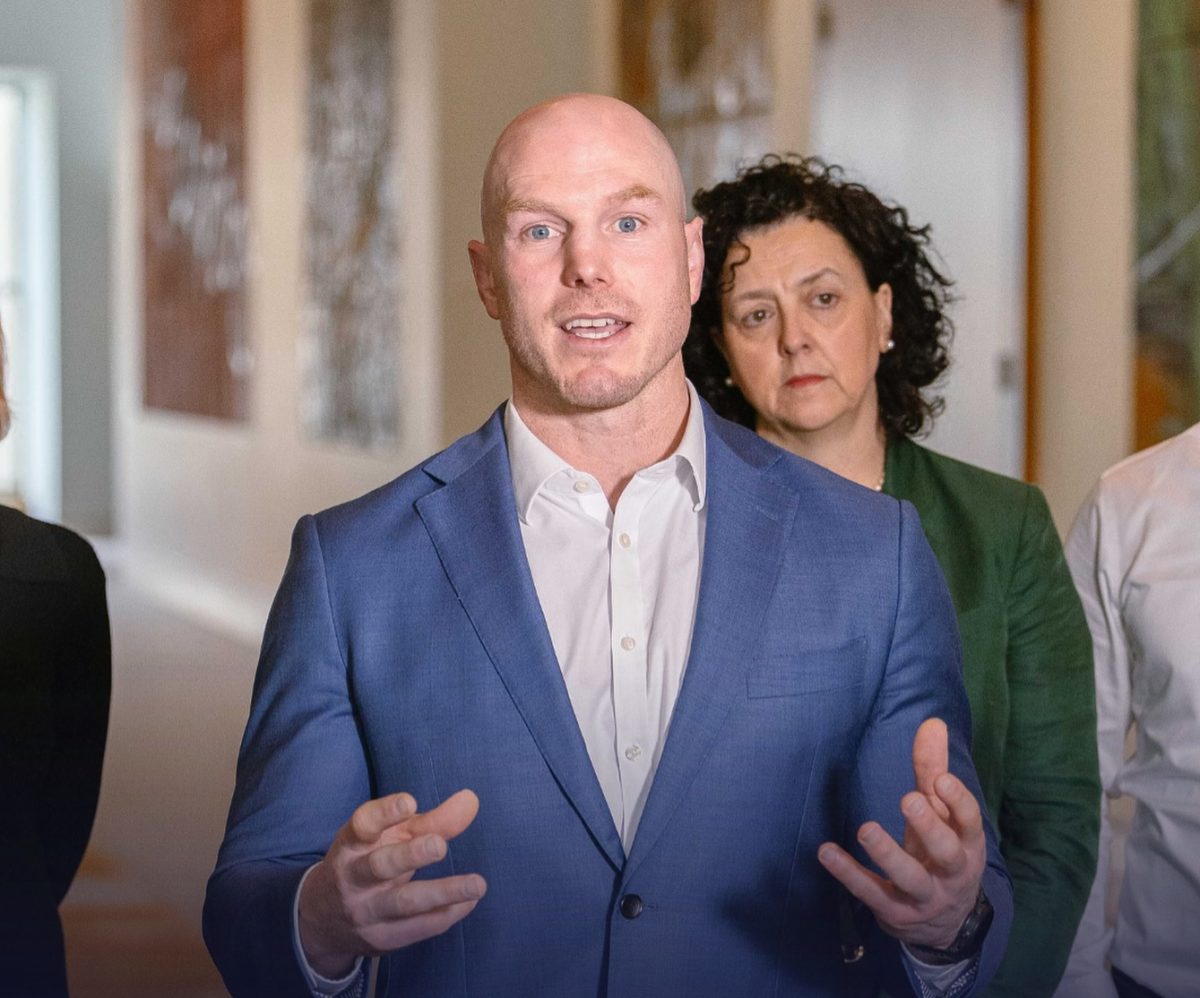
Senator David Pocock: “This is no silver bullet, but this is an important part of the puzzle.” Photo: Facebook.
A greater tax break for investors, no “no-cause” evictions and five-year leases are among a range of amendments being proposed to the Federal Government’s build-to-rent legislation, which proponents say would generate 105,000 new rental homes and immediately unlock over 1200 affordable tenancies.
The Community Housing Industry Association, National Shelter and the Property Council have joined together in urging changes to the legislation, which is held up in the Senate after the Greens knocked it back, demanding that all BTR homes be affordable.
The bill is now before a Senate committee, which will report in September.
Crossbench senators have backed the amendments package, with ACT Independent Senator David Pocock saying it was a big step forward.
“I welcome it, and I really challenge the Greens and the major parties to begin to work together,” he said.
“This is no silver bullet, but this is an important part of the puzzle.”
The property industry and BTR sector have been urging a further reduction in the concessional rate of withholding tax for managed investment trusts to 10 per cent, down from the 15 per cent proposed by the government, which would put BTR on the same level as other property types.
However, the groups say the extra tax cut will maximise BTR builds and affordable tenancies targeted towards low- and moderate-income households.
They say extending the concession to BTR projects that were existing or under development at the time of the 2023 Budget announcement could also unlock over 1200 affordable tenancies immediately.
The looming end of the National Rental Affordability Scheme, which will mean up to 6750 properties will cease to be affordable by the end of the year, is a strong imperative to unlock affordable rental housing as soon as possible, the groups say.
Proposed changes also guarantee more certainty for tenants with requirements for BTR operators that access the tax concession, including a commitment to not using ‘no grounds’ clauses to gain possession and offering five-year lease terms, up from the current three years in the bill.
The amendments also seek to ensure the 10 per cent affordable housing target within existing and new BTR projects benefit those most in need.
Changes would revise the definition of affordable tenancies so these are available to moderate-income earners, with at least 20 per cent of these available to low-income earners. They would be managed by community housing providers.
Income eligibility limits would specify that rents are up to 74.9 per cent of market value or no more than 30 per cent of household income, whichever is the lower.
Senator Pocock said the government foregoing $10 million in revenue over a decade in exchange for 10,000 social homes was a pretty good deal, “especially when you’re adding no no-cause evictions and five-year leases”.
He said there was an urgency to “getting this in place to unlock existing stocks and provide that certainty for investors”.
“There’s a huge amount that could happen very quickly,” he said.
Property Council executive director Mike Zorbas recently told the Senate committee that uncertainty caused by the BTR bill’s delay since the 2023 Budget announcement had eroded investment.
“Capital flows into the sector have effectively stalled,” he said. “We are currently repelling a patient pool of institutional capital.”












